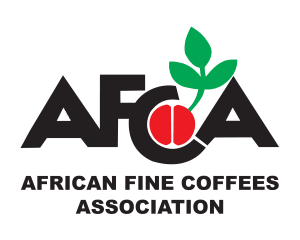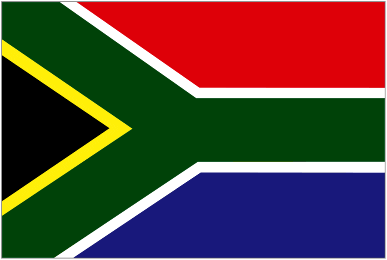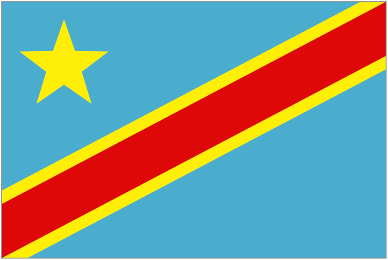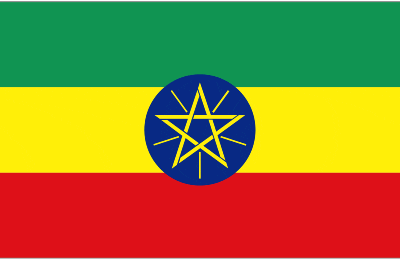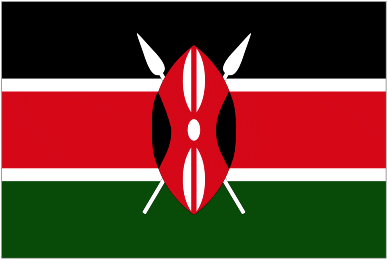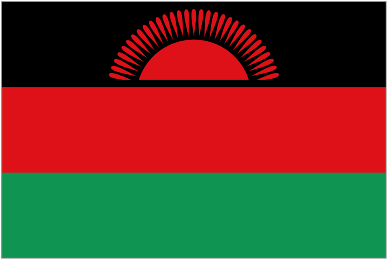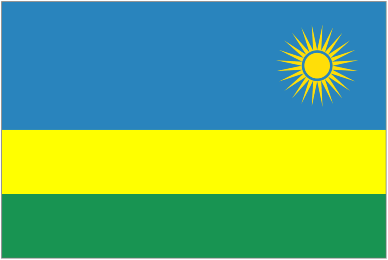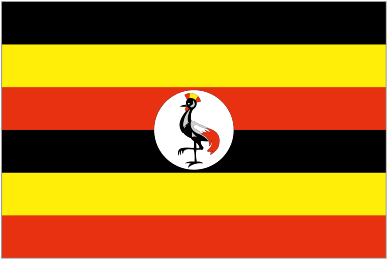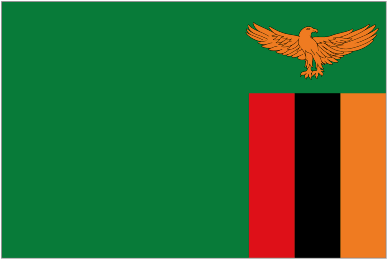
AFCA CHAPTER: South Africa
About South Africa
Arabica coffee was first cultivated in South Africa in the early 1900s, and during the government’s price support self-sufficiency program from the 1970s to 1994, production peaked at 3,000 metric tons per year. However, with the transition to a new government and changes in international trade dynamics, these support programs were phased out.
Subsequently, many high-cost coffee farms in South Africa shifted to more economically viable crops, leading to a significant decline in coffee production. Currently, less than 200 hectares are dedicated to coffee cultivation in South Africa, primarily in KwaZulu Natal and Mpumalanga provinces.
The South African roasting industry is predominantly focused on soluble coffee, often blending Robusta with chicory and dextrose. There is also a smaller production of pure soluble coffee made from a blend of Robusta and Arabica beans. South Africa exports both blended and pure soluble coffees to countries across Africa.
Additionally, the country hosts numerous medium and smaller roasters specializing in high-quality roast and ground coffees. These roasters consume approximately 6,000 metric tons of mostly Arabica beans annually. South Africa imports these beans from South and Central America, Asia, and various member countries of AFCA, reflecting the sophisticated nature of the local market and industry.
South African Coffee
- Varieties: Arabica, Robusta
- Import: tbc
- Port of shipment: Durban, South Africa
- Export destinations: tbc
AFCA Chapter
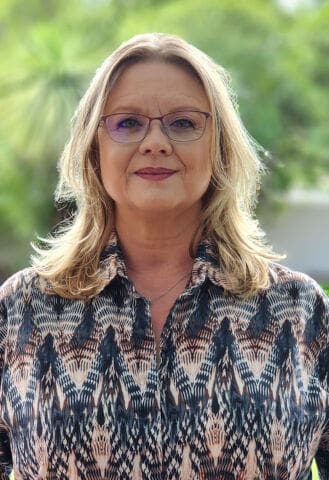
Ms. Natasha Wallace, South Africa Chapter Chair
Managing Director, I & M Smith (Pty) Limited
Ferndale, Randburg, South Africa
